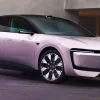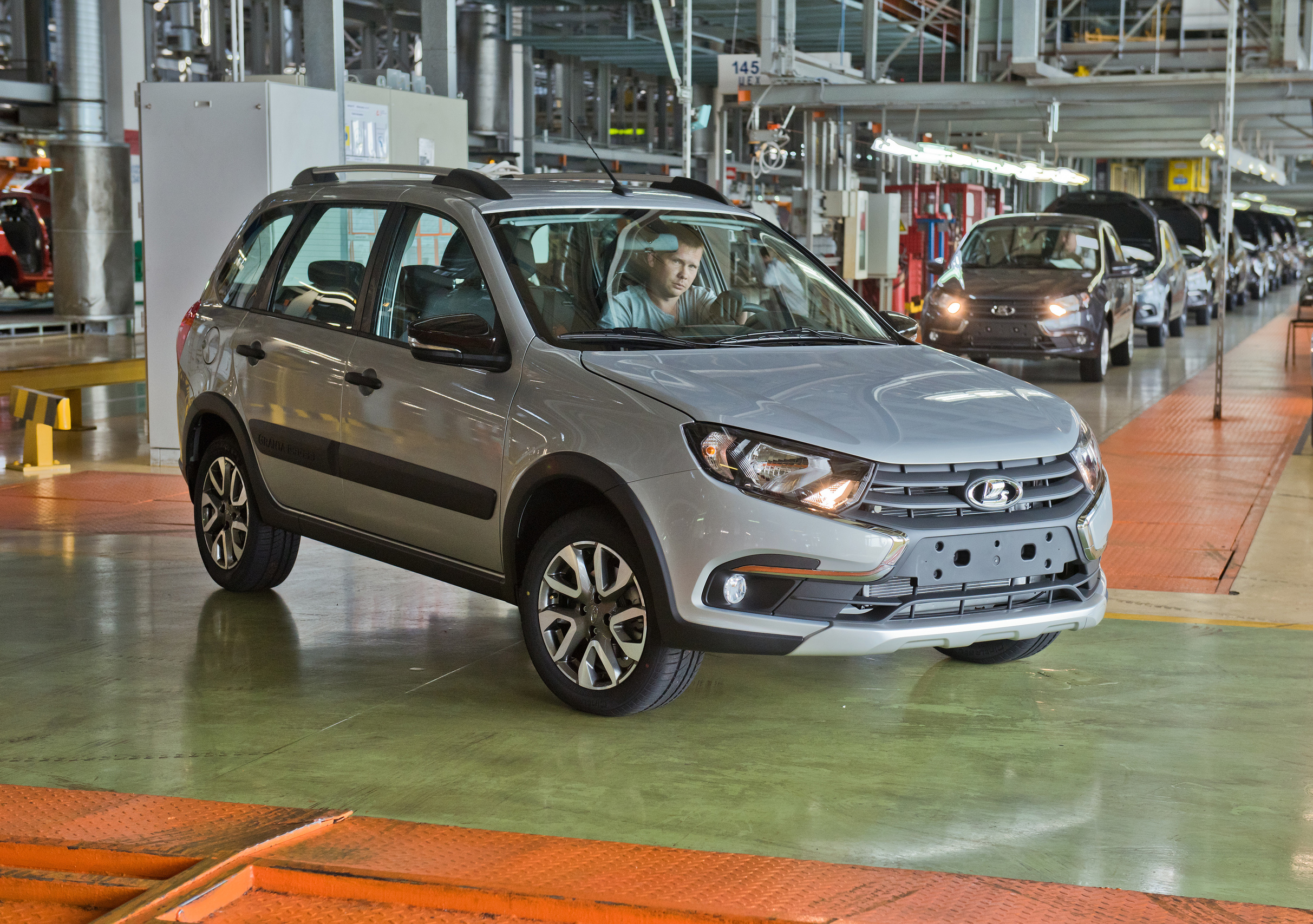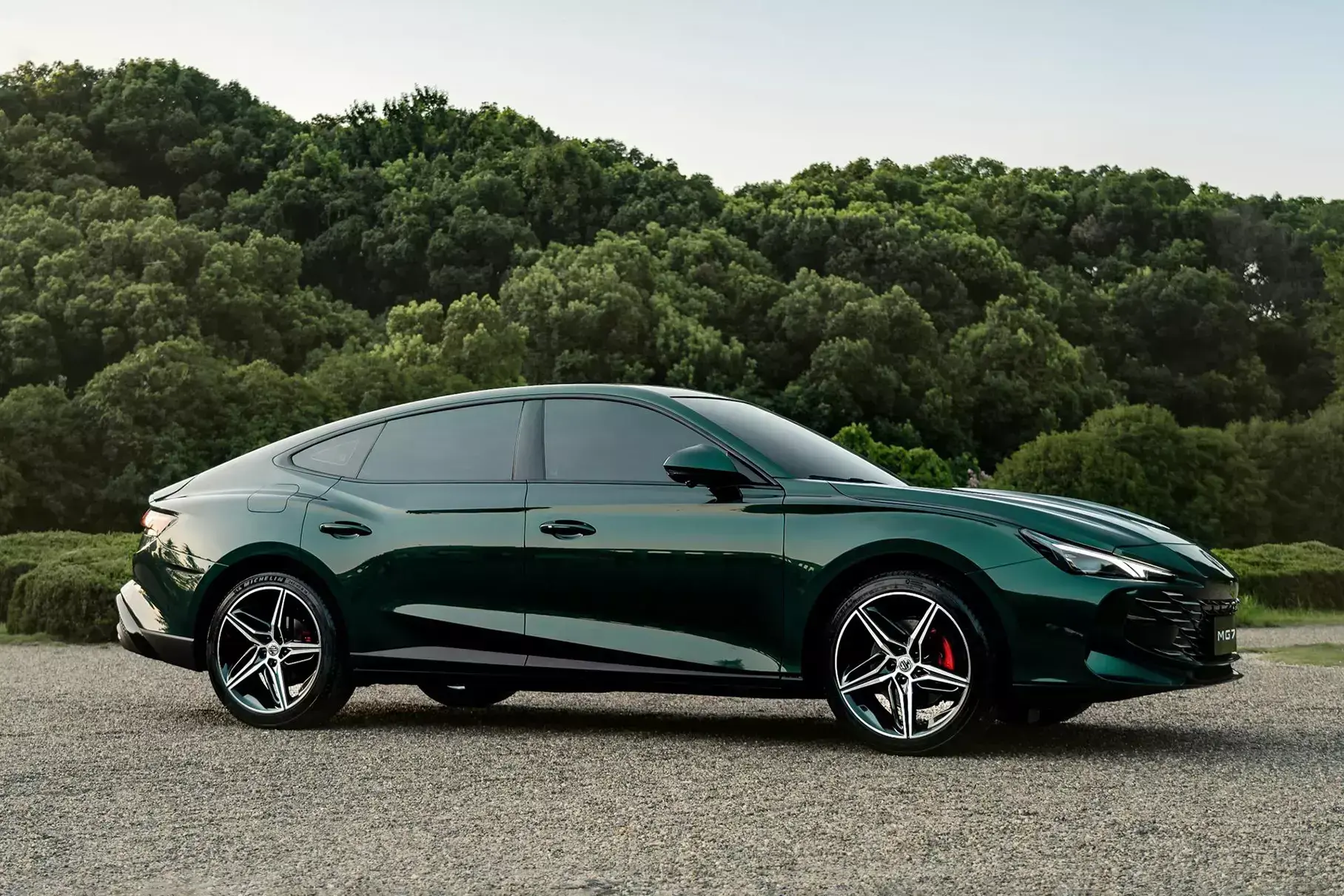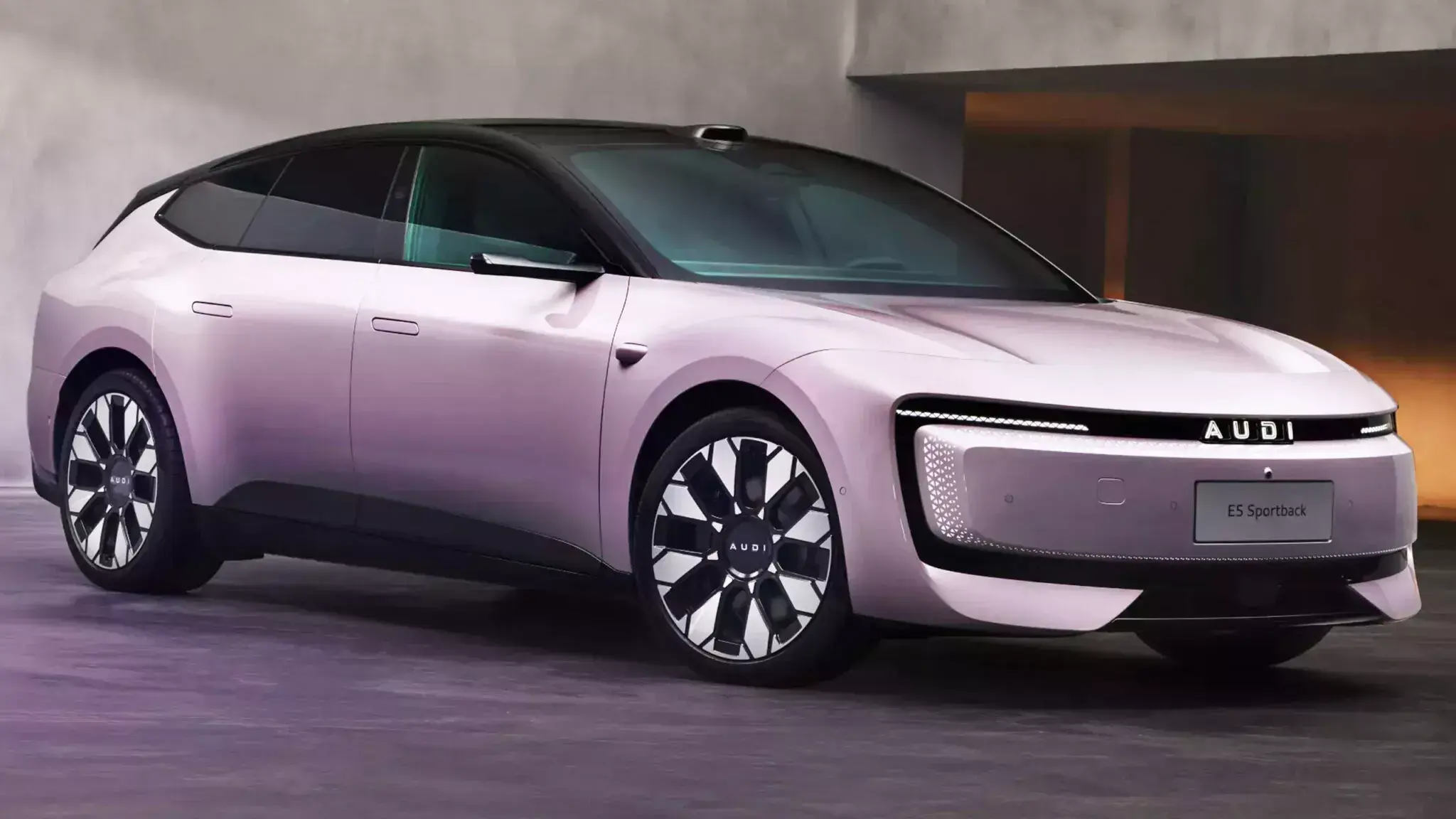Last Friday, the last Vauxhall Vivaro set off from the conveyor of the plant in Luton. The maternity concern Stellantis announced in advance the closure of the site, and nothing prevented the plans. The production of electric minivans and vans will be transferred to another British factory in the county of Cheshire. Due to the closure of the Vauxhall factory in Luton, 1000 people were threatened with dismissal.
The history of the plant in Luton began in 1903, and in 1905 Vauxhall moved to the site. The fate of the enterprise belonging to Stellatis is in question: the municipal authorities were interested in buying land, but the auto giant ignored the proposals. The assembly of the Vivaro family will continue on another site in Cheshira, and investments in the project will exceed the mark of 50 million pounds.
Fast sedans of the 90s (except for those that you immediately thought) Hot hatchbacks: the beginning of homologial babies
The representative of Stellantis promised to organize the Center for Commercial Transport in the UK in the ELSMIR-Port. As for the workers in Luton, their fate is foggy: the car concern was limited to common phrases that “employees remain our priority,” and “we will act responsibly in relation to our colleagues.” Skeptics believe that the situation of the VAUXHALL plant reflects the general trends in the British auto industry.
The thing is that it becomes unprofitable to produce cars in the United Kingdom, and not only Stellantis came to the abbreviations. For example, BMW postponed investments in the amount of 600 million pounds in the Mini plant in Oxford and changed her mind to produce electric cars in England: one of the reasons was called “Bureaucracy after Brexit.”
Look at the Opel emblem of five hundred cars compiled in Russia








